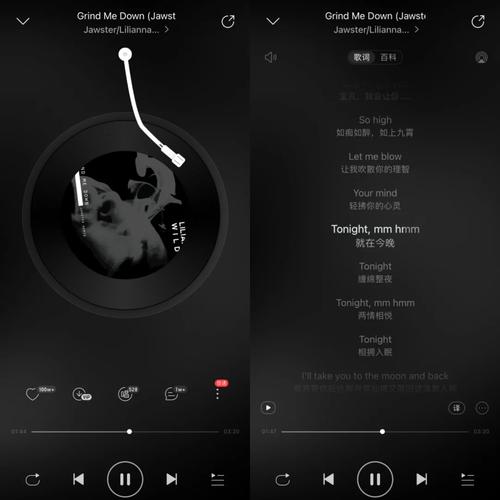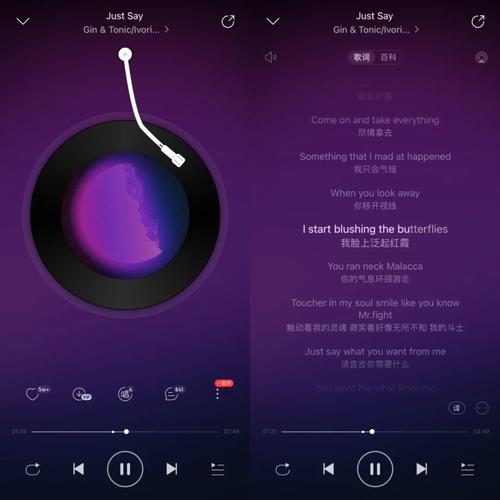Understanding the Allure of the Inner Circle
Have you ever found yourself drawn to the idea of being part of an exclusive group, a circle that seems to hold the key to a more fulfilling life? The desire to be in the inner circle is a powerful one, and it’s something that many people strive for. But what is it about being in the inner circle that is so enticing? Let’s delve into the various dimensions of this addiction to be in the inner circle.
The Social Aspect
One of the most compelling reasons people are drawn to the inner circle is the social aspect. Being part of a select group can provide a sense of belonging and acceptance. It’s human nature to seek connection with others, and being in the inner circle can offer a sense of camaraderie and shared experiences that are not easily found elsewhere.

According to a study published in the Journal of Social Psychology, individuals who belong to exclusive groups often experience higher levels of social satisfaction and well-being. This is because being in the inner circle can provide a sense of validation and recognition, which are essential for our psychological well-being.
The Power of Influence
Another reason why the inner circle is so appealing is the power it holds. Being part of a group that is seen as influential can elevate one’s own status and reputation. It’s no secret that people are drawn to those who are successful and well-connected.
According to a report by the Center for Talent Innovation, individuals who are part of influential networks are more likely to be promoted, receive higher salaries, and have greater access to opportunities. This power dynamic is a significant factor in the allure of the inner circle.
The Prestige Factor
The prestige associated with being in the inner circle is another reason why it’s so attractive. Prestige is a social construct that assigns value to certain groups and individuals based on their perceived status and achievements. Being part of a prestigious inner circle can enhance one’s own prestige and social status.

According to a study published in the American Journal of Sociology, individuals who belong to prestigious groups often experience higher levels of social capital, which can lead to better job opportunities, social connections, and overall well-being. The prestige factor is a powerful motivator for those seeking to be in the inner circle.
The Fear of Missing Out (FOMO)
The fear of missing out is a common phenomenon that drives people to seek out the inner circle. The idea that others are experiencing something exciting and exclusive can create a sense of urgency and anxiety. This fear of being left out can be a powerful motivator for joining an inner circle.
According to a survey conducted by the Pew Research Center, 54% of Americans say they feel left out of important social events. This fear of missing out is a significant factor in the addiction to be in the inner circle.
The Role of Social Media
Social media has played a significant role in the rise of the inner circle phenomenon. Platforms like Instagram and Facebook allow individuals to showcase their lives to a wide audience, often highlighting their connections to exclusive groups and events. This can create a sense of envy and a desire to be part of these groups.
According to a report by the Pew Research Center, 69% of Americans say they feel pressure to keep up with others on social media. This pressure can lead to a heightened desire to be in the inner circle, as it is often seen as a way to gain social validation and recognition.
The Downside of the Inner Circle
While the allure of the inner circle is undeniable, it’s important to recognize the potential downsides. Being part of an exclusive group can sometimes lead to a sense of elitism and exclusion. It can also create a culture of competition and superficial relationships, as individuals may focus more on their status within the group than on building genuine connections.
According to a study published in the Journal of Social Issues, individuals who belong to exclusive groups may experience higher levels of social anxiety and a decreased sense of empathy. It’s crucial to maintain a balance between seeking connection and maintaining one’s own values and integrity.
Conclusion
The addiction to be in the inner circle is a multifaceted phenomenon that is driven by social, power, prestige, and fear factors. While being part of an exclusive group can offer numerous benefits, it’s important to be aware of the potential downsides and maintain a healthy balance between seeking connection and staying true to oneself.



